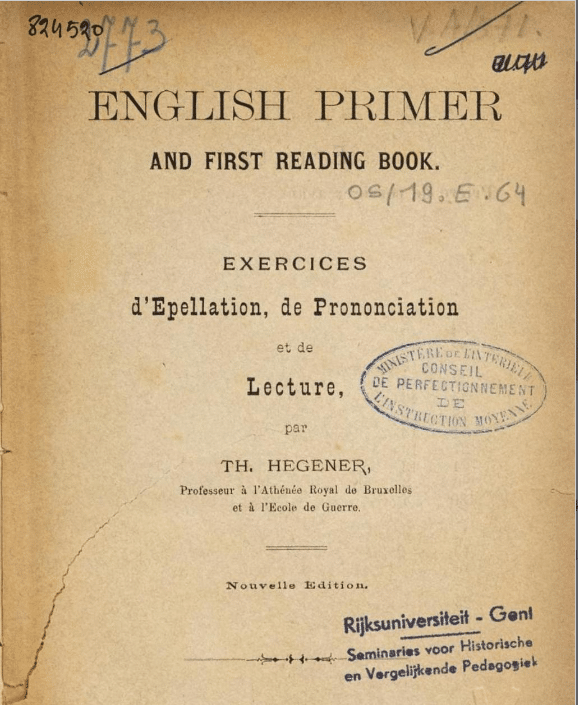A Primer on Choice of Law
Choice-of-law rules are used to determine the rights, duties, and liabilities of persons involved in a case with a connection to more than one jurisdiction. In the United States, most choice-of-law rules are state law; the federal government rarely legislates in this area. Courts in the United States apply the same choice-of-law rules to international…
Continue ReadingA Primer on International Comity
The Supreme Court in Hilton v. Guyot (1895) famously defined international comity as “the recognition which one nation allows within its territory to the legislative, executive or judicial acts of another nation.” That definition is incomplete, however, as comity encompasses much more than the recognition of foreign acts. The Restatement (Fourth) of Foreign Relations Law…
Continue ReadingA Primer on Forum Non Conveniens
Under the doctrine of forum non conveniens, a judge may dismiss a case on the understanding that the case would be better heard in another sovereign’s court. It is a judge-made discretionary doctrine that can be invoked even if the court otherwise has proper jurisdiction over the case. This primer describes the current federal doctrine…
Continue Reading
